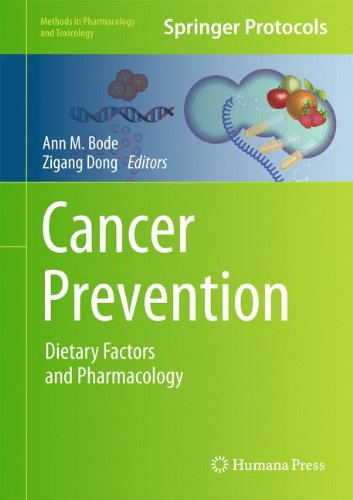

Most ebook files are in PDF format, so you can easily read them using various software such as Foxit Reader or directly on the Google Chrome browser.
Some ebook files are released by publishers in other formats such as .awz, .mobi, .epub, .fb2, etc. You may need to install specific software to read these formats on mobile/PC, such as Calibre.
Please read the tutorial at this link: https://ebookbell.com/faq
We offer FREE conversion to the popular formats you request; however, this may take some time. Therefore, right after payment, please email us, and we will try to provide the service as quickly as possible.
For some exceptional file formats or broken links (if any), please refrain from opening any disputes. Instead, email us first, and we will try to assist within a maximum of 6 hours.
EbookBell Team

4.4
52 reviewsFocused on the discovery of precise molecular targets for the development of the cancer preventive agents, Cancer Prevention: Dietary Factors and Pharmacology provides researchers and non-researchers with practical methodologies for developing and validating small molecule and phytochemical-derived drug discovery and mechanisms by which these compounds can modulate distinct target proteins involved in oncogenic signaling. While this volume is primarily focused toward cancer prevention research, the range of techniques demonstrated in the book also provides an introduction of cancer prevention research methods to researchers outside the field. Chapters deal with a critical discussion of both laboratory and clinical topics, with each chapter containing both a discursive section along with a detailed methods section. As part of the Methods in Pharmacology and Toxicology series, this meticulous volume includes the kind of key implementation advice that seeks to ensure successful results in the lab.
Practical and authoritative, Cancer Prevention: Dietary Factors and Pharmacology aims to guide research toward identifying molecular targets and conducting human studies with phytochemicals which would, ideally, provide an enhanced approach to the goal of personalized cancer prevention.